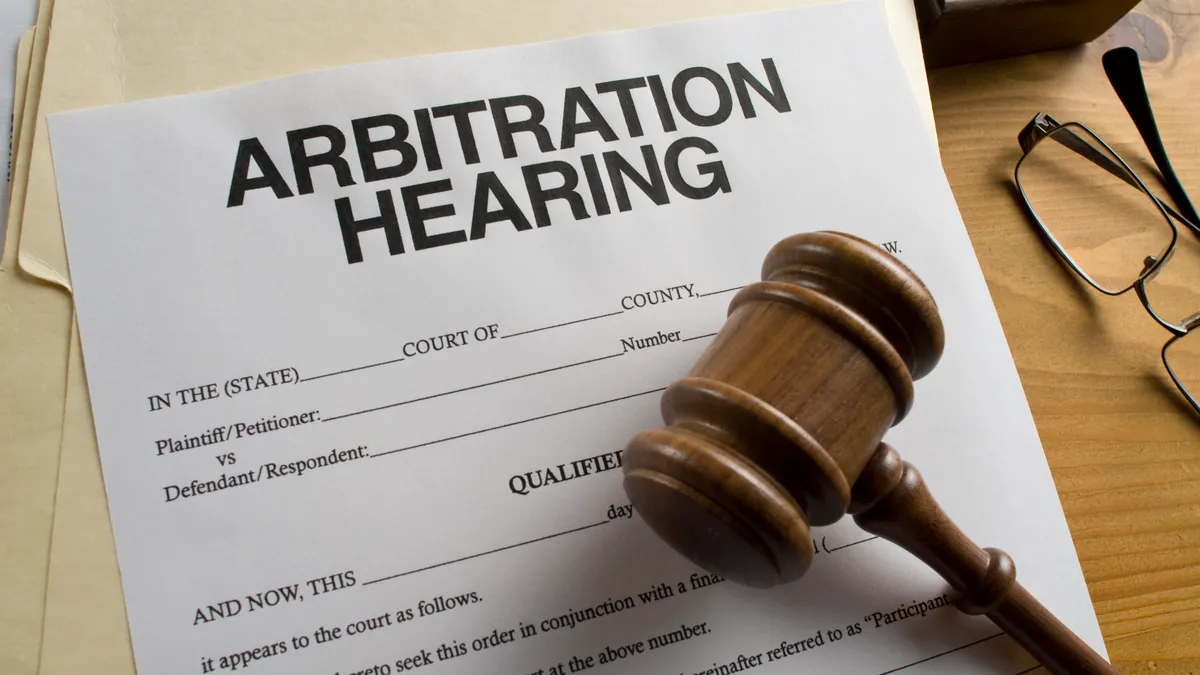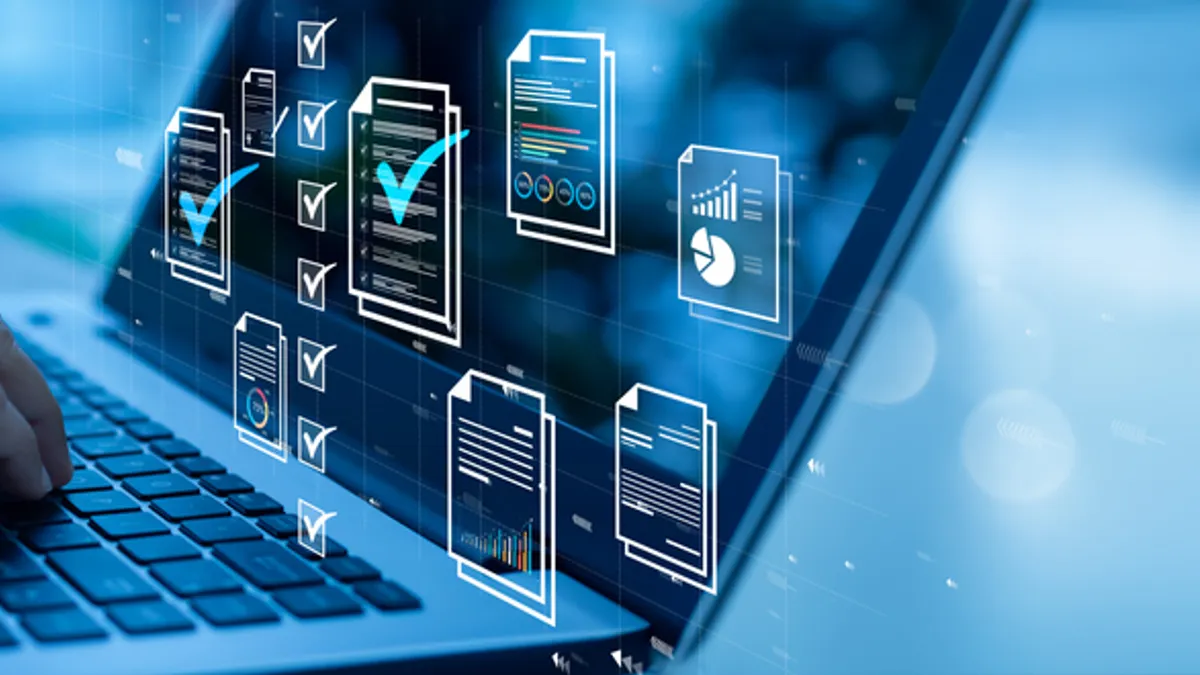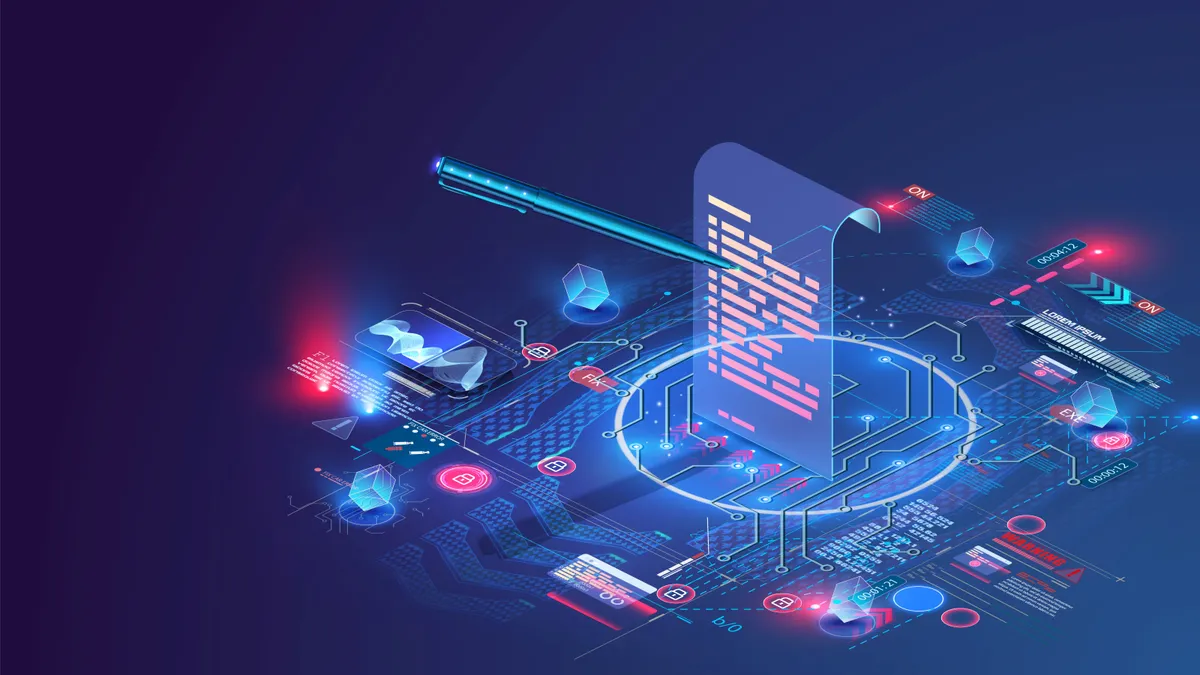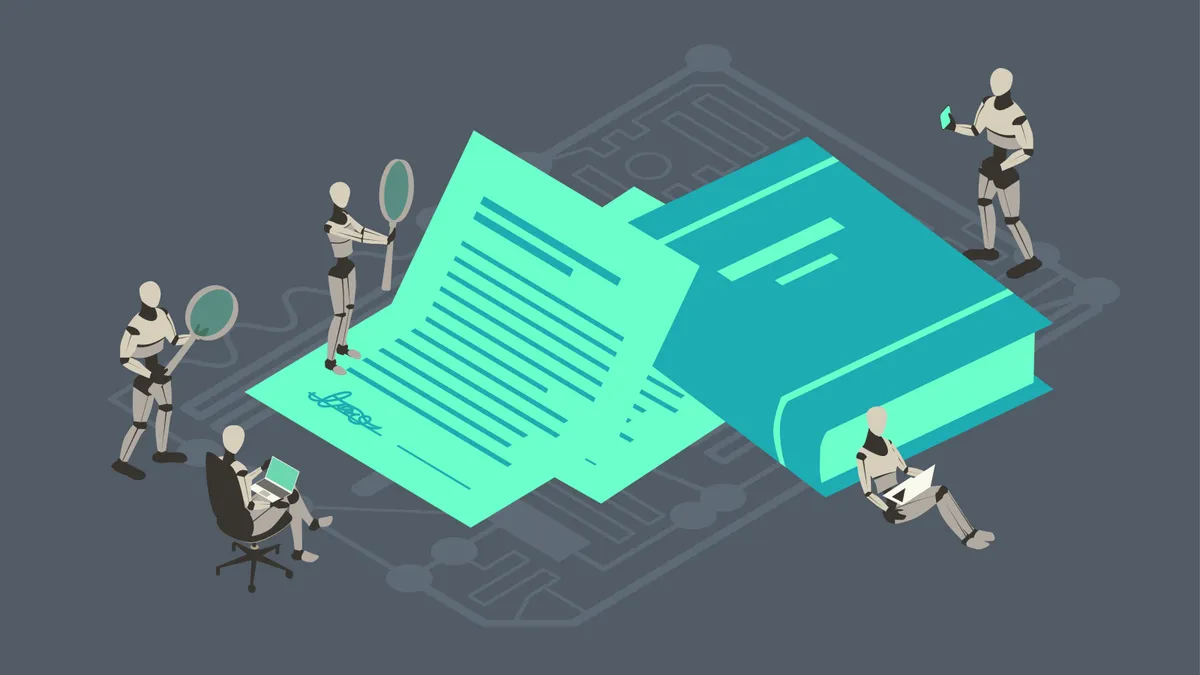For companies that do business globally, the addition of generative AI in legal tools has a benefit that can get buried in the hype over the new technology: real-time language translation on matters, like international arbitration, where cultural nuance can be important.
Few things in arbitration are more important than the selection of the arbitrator – how has the person ruled before, what kind of cases does the person have experience in and other such matters. That kind of information can be hard to tease out in international cases, in which language meaning can be lost when claimant and respondent speak different languages and the case will be arbitrated in a language one of the parties doesn’t speak.
But the use of genAI tools to summarize in one language the core of cases that are written in another language can bridge that gap, Monica Crespo, head of product for international law and arbitration platform Jus Mundi, told Legal Dive.
“For the first time, you can get a response [to a research query] that has contextual understanding – cultural sensitivity – from the user’s standpoint,” she said.
Jus Mundi in February added a generative AI legal assistant to its platform that Crespo said can help in-house counsel and other legal professionals close the language gap when they’re trying to decide, among other things, whether to pursue arbitration in another country and, if they decide to do so, how to approach the case, what past decisions they need to know about and which arbitrator they should seek out.
AI’s facility with language “is something we found increases the quality and effectiveness of our [tools], regardless of where you are,” said Crespo. “This allows for that specific contextual understanding.”
Jus Mundi launched in Paris in 2019 to help outside counsel and in-house lawyers get a handle on arbitration and other cross-border legal matters. The company has partnered with some 60 arbitration associations around the world to populate the platform with documents from cases in 36 languages. With the AI assistant, Crespo said, lawyers can go into meetings with outside counsel or others with a firmer understanding of whether, and how, to pursue a case based on research they can do themselves.
“First, you need to analyze if it’s worth starting an arbitration for this conflict,” she said. “For that you need to do legal research: What are my claims? Are they supported by the national applicable law? Are they generally accepted as an arbitrable matter?”
If the conflict is in France, for example, the research tool can respond to queries by accessing documents in French while generating responses in English.
“The multilingual aspect here becomes super relevant, especially for in-house counsel, because you can have a preview of how a jurisdiction that speaks a language that’s different from the ones you know faces a specific legal question,” she said. “So, you can use [the tool] to navigate through the database and get answers in your language, but it's querying on the complete database, which has documents from all over the world.”
Jus Mundi isn’t unique. There are other software tools, like Moinlit.ai, that do something similar, although in the case of Moonlit, the software is more narrowly focused, limited to the laws of 15 European countries. Other tools, like Lexis products, are segregated, with a different version of the tool for each country.
“That doesn’t allow you to bridge these gaps,” Crespo said. “You can’t have access to [the database of] Lexis France if you’re based in the U.S.”
Jeffery Commission, a director at Burford Capital who oversees the litigation funder’s investments in international arbitrations, said the use of a tool like Jus Mundi’s, with access to a database that crosses language and jurisdictional barriers, is becoming increasingly important as funders become more involved in international arbitration.
Having a tool like this “provides you essential data on arbitrators,” Commission said in a video provided by Jus Mundi. “When a tribunal is being constituted … you can find out prior appointments of that arbitrator, details on the cases, be they investor-state or commercial, and [identify] the other arbitrators with whom that arbitrator has sat.”
Getting information on the arbitrator is probably the most important thing, especially when you’re considering arbitration in countries that are not deeply networked into the service areas of the big law firms, says Maria Irene Perruccio, legal counsel at WeBuild Group, a construction company that works globally.
“If you work with a big law firm, they have more information available because they can rely on a larger network,” Perruccio said in another Jus Mundi video. “In certain countries, we work with local counsel that are not the typical big … law firm, and they don’t have the same access to information, [so] I can complement the information that they have on the possible candidates that we’re considering. So, selection of the arbitrator is a team effort between internal counsel and external counsel.”
Bottom line: There are AI powered platforms – databases with an AI-powered search tool and an AI assistant for conducting legal due diligence and drafting documents – that can help in-house do their own preparatory work by taking much of the language barrier out of the mix.


















